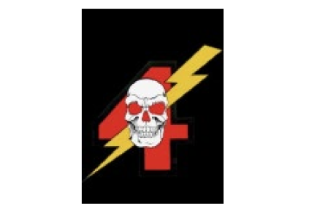Badges of dishonor
- Share via
HERE’S A RADICAL SUGGESTION for sheriffs who want to thank campaign contributors and other influential friends: Look them squarely in the eye, shake their hands and say with all sincerity, “Thank you.” If they insist on lingering, clap them on the shoulder and say, “Really.”
In Southern California, the gratitude is more likely to take the shape of an official-looking badge, a seat on some meaningless panel and, in one county, gun permits and the power of arrest. The practice of making politically connected pals civilian pseudo-deputies has been problematic for decades, as some of them invariably misuse their power and flash the badge or a sheriff’s photo ID in an attempt to obtain special favors. It’s political patronage at its shabbiest.
The state attorney general is looking into whether the misleading IDs are legal. They might be, but they’re still wrong.
Earlier this month, after questions arose about their legality, Los Angeles County Sheriff Lee Baca started recalling the photo ID cards that he issued to his Homeland Security Support Unit (politicalese for “campaign contributors and other pals”). But he plans to redesign and redistribute the things as soon as he gets the legal OK. The leader of this unit is the owner of a tire store -- and a key political fund-raiser. You’d think Baca would know better after the 1999 disbandment of his “celebrity” reserve unit, which had been provided badges and guns until two members were arrested in separate incidents.
Two members of the Sheriff’s Executive Council in Riverside County recently admitted using their badges for their own benefit: one showing it to investigators serving a search warrant at his office in a Medi-Cal fraud case, the other to get into a secure airport area. Orange County Sheriff Michael S. Carona went over the top with his reserve deputy program, issuing badges, weapons permits and powers of arrest to 86 people without the training or background checks mandated by the state. One was later arrested for waving his gun and badge at golfers he thought were playing too slow.
State law prohibits giving civilians badges that look too real, but this leaves too much room for fiddling. What does “too real” mean? Most people have little idea what a real badge looks like beyond the fact that it’s shiny and sometimes in the shape of a star. Local rules vary from county to county, so what’s needed is a clear-cut law from the Legislature: no badges, no official-looking IDs, no special executive titles. And no law enforcement privileges to anyone who isn’t fully trained.
More to Read
Sign up for Essential California
The most important California stories and recommendations in your inbox every morning.
You may occasionally receive promotional content from the Los Angeles Times.













